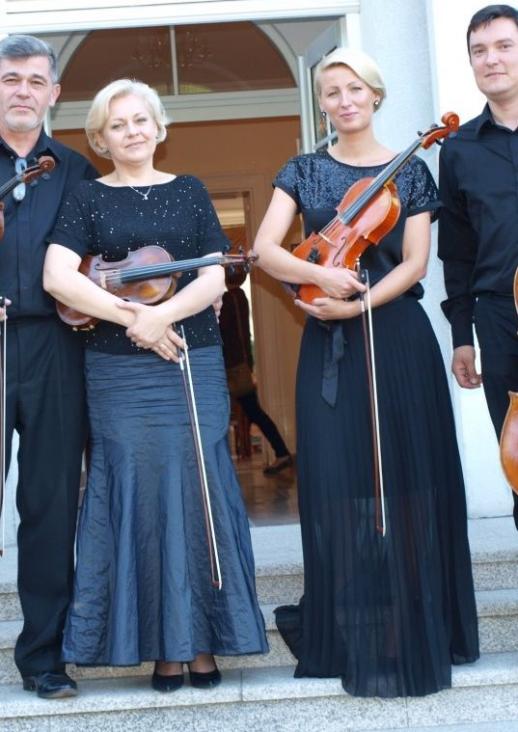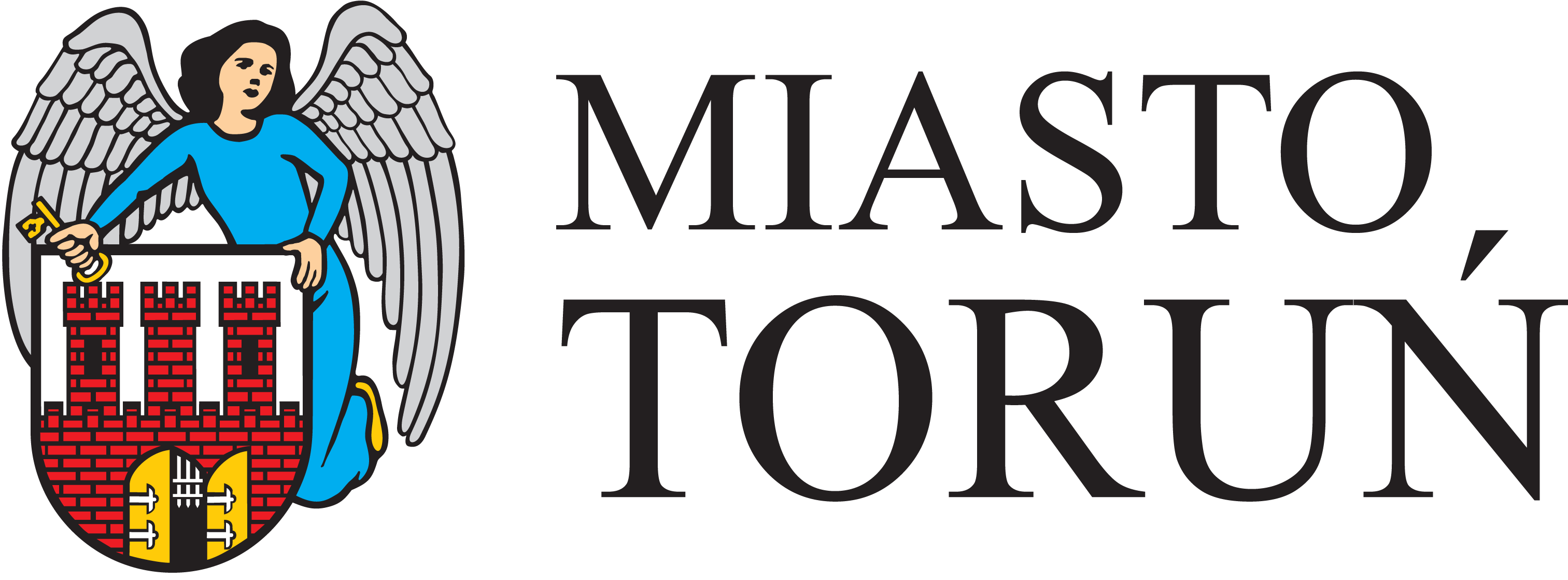Where two, three or four meet - a chamber concert
Artists:
TOS String Quartet:
- Izabela Bogusz - violin
- Grzegorz Bogusz - violin
- Marta Wroniszewska - viola
- Karol Wroniszewski - cello
Gabriela Ułanowska - introduction
Programme:
- L. van Beethoven - Duet na altówkę i wiolonczelę Es-dur
- L. van Beethoven - Trio smyczkowe G-dur op. 9 nr 1
- L. van Beethoven - Kwartet smyczkowy D-dur op. 18 nr 3
The Duo in E-flat major for viola and cello is an amusing little piece written around 1796 by the young Beethoven for his friend and amateur cellist – Nikolaus Zmeskall von Domanovecz. Beethoven wrote the parts for the viola with himself as the performer in mind. The composition abounds in “clashes” between the two instruments, which certainly is a reflection of the familiar but ironic attitude of the two friends towards each other. Zmeskall often proofread the copies of Beethoven’s music, which the composer commented in a manner that was typical of him, particularly bitingly: “I am immensely obliged for the weakness of your eyesight”. Perhaps it was to milden the sound of those very words that he composed this little piece. The composition was deemed to be unfinished. The groundlessness of this diagnosis is confirmed by the popular works, written for amateur performances, which were thriving in Italy at the time. The short, most often two-part form was then the norm, to which, following the Italian example, Beethoven paid homage as well.
The String Trio in G Major, Op. 9, No. 1 begins with a slow Adagio which, like an overture, introduces to the stage the protagonists of the composition – the instruments which are treated equally. The trio downright bubbles up with joy and variety of melodic ideas. It seems as if Beethoven could barely keep up with the notation, and everything takes place without the use of polyphony. How much more difficult is such a task? The composition exudes vitality and positive energy.
It is said that “the plays of Shakespeare are known by everyone, and the quartets of Beethoven – only by the lucky ones”. The master from Bonn was a visionary also when it comes to the quartet. This difficult and most intellectual of all genres, rightfully regarded as: “a conversation between four intelligent interlocutors”, each of whom has something important to communicate, was especially significant for Beethoven. His first foray into the genre was Opus 18, written following the example of Haydn and Mozart. However, soon he became a grand master of the genre and a guru for the future generations of composers.
Aneta Derkowska, PhD
The event will take place as part of the Viva Beethoven! - the 250th anniversary of the composer's birth project.
We invite you to an online concert,
which will be broadcast on November 7 at 7 pm on our Youtube channel.
The concert will be available on our channel until end of June, 2021.


